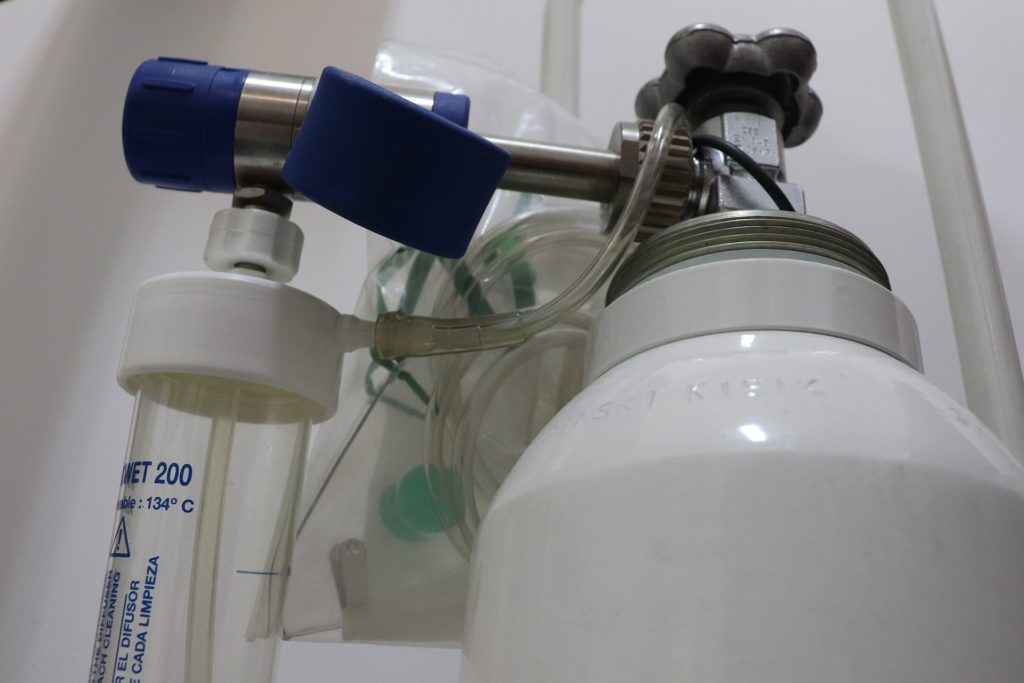On a daily basis, hospitals must wrestle with denials for inpatient level of care for patients. An AppriseMD case review physician recently had a successful inpatient denial overturned after completing a Peer-to-Peer with an insurance company medical director regarding a case that involved a patient with asthma and a high BMI.
CLINICAL SUMMARY: Asthma and High BMMI
The patient was admitted for asthma exacerbation and a wound infection. Treatment included IV steroids and antibiotics. The insurance company denied inpatient level of care sighting no need for oxygen or breathing treatments for over 24-hours, problems with blood pressure, heart issues, other problems triggered by the asthma or infection in the blood stream. The denial was overturned based on the patient’s elevated risk including her high BMI and the fact that she was on steroids, which increases the risk of antibiotic failure. The AppriseMD clinical team was able to provide more insight into this patient’s elevated risk and through the P2P process was able to overturn the inpatient denial.
 DENIED INPATIENT STAY
DENIED INPATIENT STAY
The hospital asked for an inpatient admission stay for the patient, which was denied by the insurance company which said the records sent by the hospital do not show the need for the extra level of care including oxygen or breathing treatments for over 24-hours nor did it show problems with blood pressure, heart issues or other problems triggered by the asthma or infection in the blood stream. It was deemed an observation stay.
 PEER-TO-PEER DISCUSSION
PEER-TO-PEER DISCUSSION
AppriseMD conducted a Peer-to-Peer review of this case during which it shared patient history with the insurer including a history of high BMI and the fact that the patient was on steroids, which increases the risk of antibiotic failure. AppriseMD clinical team was able to provide more insight into this patient’s elevated risk and through the P2P process was able to overturn the inpatient denial.
OUTCOME: DENIAL OVERTURNED

